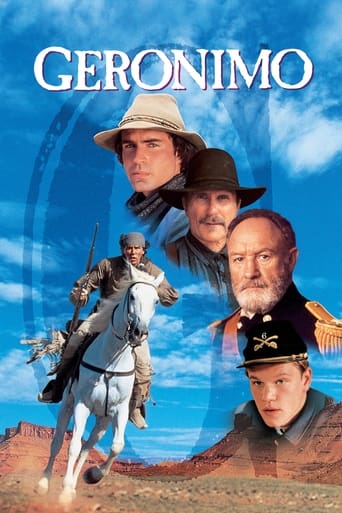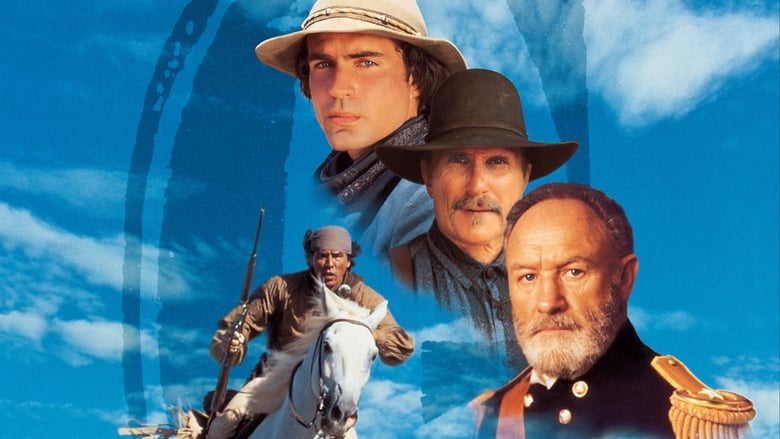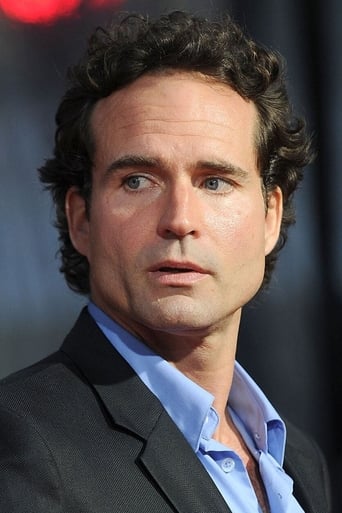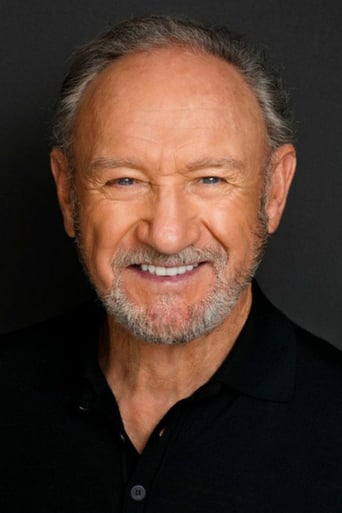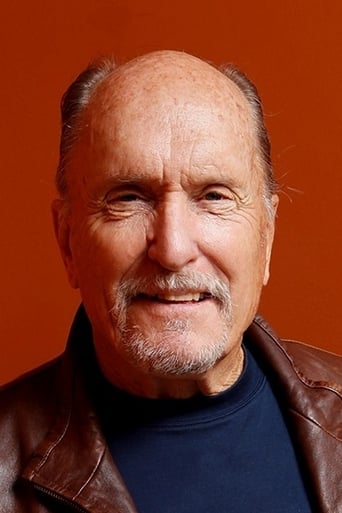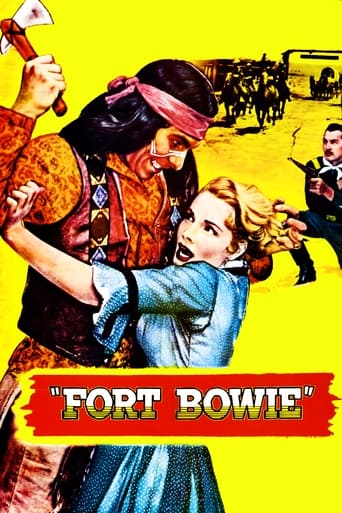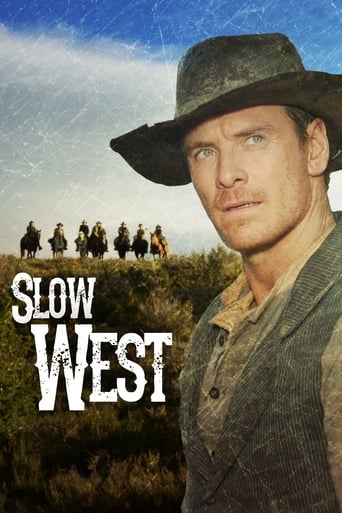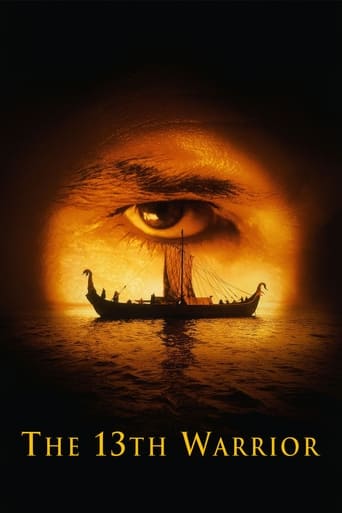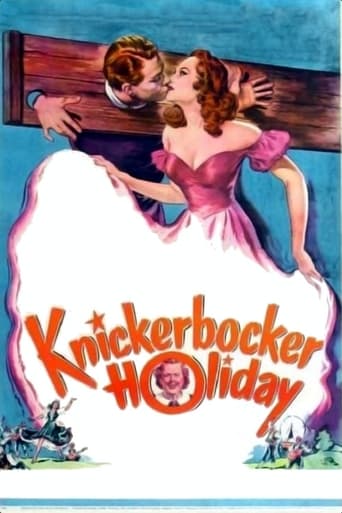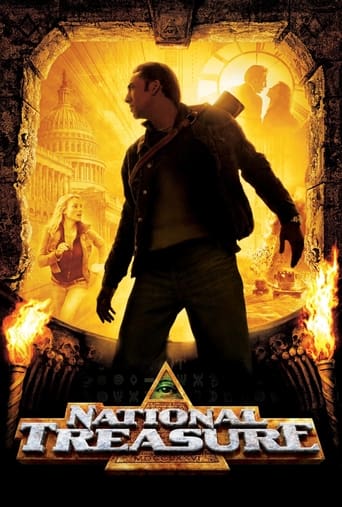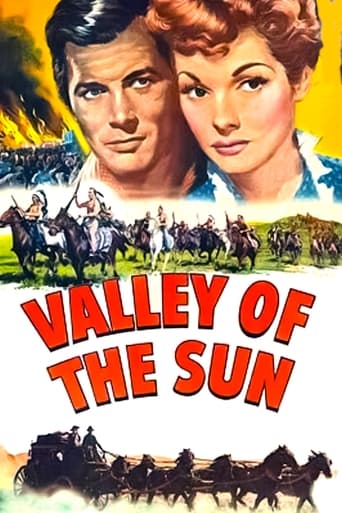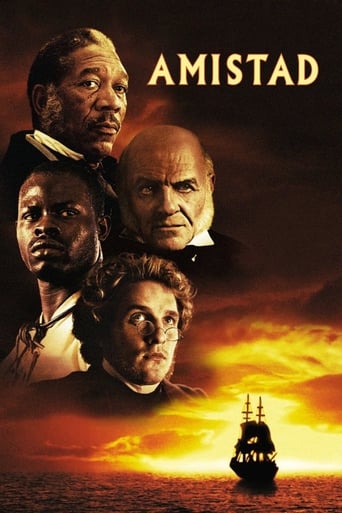Geronimo: An American Legend (1993)
The Apache Indians have reluctantly agreed to settle on a US Government approved reservation. Not all the Apaches are able to adapt to the life of corn farmers. One in particular, Geronimo, is restless. Pushed over the edge by broken promises and necessary actions by the government, Geronimo and thirty or so other warriors form an attack team which humiliates the government by evading capture, while reclaiming what is rightfully theirs.
Watch Trailer
Cast


Similar titles
Reviews
Very very predictable, including the post credit scene !!!
If you don't like this, we can't be friends.
Good concept, poorly executed.
For all the hype it got I was expecting a lot more!
I thought the movie was fairly even handed in the way it portrayed the Cavalry and the Apaches with both sides having it's share of upstanding and vicious characters. The film spoke to the inevitability of America's westward expansion and what it meant for the Indian nations, and in that respect there was sympathy shown for the way Native Americans of all tribes were treated and forced to live in ways contrary to their nature. Told through the eyes of a narrator, Second Lieutenant Britton Davis (Matt Damon), the viewer is brought along much like a green West Point graduate assigned to a frontier outpost who acquires on the job training by riding with an experienced officer. Jason Patric is effective in his role as Davis's commanding officer, Lieutenant Charles Gatewood, who's knowledge and understanding of Chiricahua Apache life is instrumental in dealing with the legendary Geronimo (Wes Studi). Historically, some elements of the story are overlooked or disregarded entirely. For example, it was one of Al Sieber's (Robert Duvall) former scouts, Tom Horn, who became a point man for the Army against renegade Apaches and eventually led the troop that captured Geronimo in 1886 after Sieber's retirement. Sieber did not die in a gun battle as depicted in this story, so as in the case of many Western movie accounts, a degree of liberty is taken with the facts in connection with the film. Over all though, this is a generally well told character study of an American West legend who found it impossible to reconcile his humanity to reservation life.
"I don't feel we did wrong in taking this great country away from them. There were great numbers of people who needed new land, and the Indians were selfishly trying to keep it for themselves." – John Wayne (interview) "Two thousand years of history, could not be wiped away so easily." – Bob Marley "The Indians must conform to "the white man's ways," peaceably if they will, forcibly if they must. They must adjust themselves to their environment, and conform their mode of living substantially to our civilization. This civilization may not be the best possible, but it is the best the Indians can get. They cannot escape it, and must either conform to it or be crushed by it. The tribal relations should be broken up, socialism destroyed, and the family and the autonomy of the individual substituted." - Commissioner Thomas MorganAfter demonizing Native American Indians for several decades, Hollywood suddenly began releasing a slew of revisionist westerns in the late 60s and early 70s. Enter films like "Buffalo Bill", "Ulzana's Raid", "A Man Called Horse" and "Soldier Blue", all of which forced their audiences to empathise with subjugated natives whilst portraying the "white man" as genocidal brutes bent on conquest. Even John Ford, one-time king of racist caricatures, tried to make amends with "Cheyenne Autumn", his apology for past pictures.Meanwhile, on the other side of the Atlantic, French, Italian and British film-makers were treading similar ground. With the dismantling of the British Empire, British directors began releasing a spread of anti Colonial war films, whilst European directors like Gavras, Wertmuller and Pontecorvo protested the treatment of Algerians and the aggressions of the French Empire.With the battle for history won, films in the early 90s then began to treat this subject in a much more elegiac fashion. Films like "Dances With Wolves", "Thunderheart, "Squanto", "Geronimo" and "The Last of the Mohicans" serve up romantic myths, treating Native Americans with a mixture of reverence, nostalgia and melancholy.Released at the end of this wave, Walter Hill's "Geronimo" focuses on the "Geronimo Campaign", a period of history between 1885 and 1886 in which five thousand US cavalry men attempted to hunt and kill a group of Apache Indians. As is typical of these films, the US Cavalry is portrayed as an aggressive invader whilst the Indians are treated as a band of unfairly persecuted freedom fighters. With the Apaches placed in reservations (ie, concentration camps), caged in trains like Holocaust victims and betrayed by fellow Indians seduced by the false promises of white men, the film is implicitly critical of a certain brand of Colonialism.It's all familiar stuff, very superficially drawn, but the film nevertheless differentiates itself from revisionist westerns in several ways. It revokes the cliché of having an enlightened white man shedding his white ways and fighting for the red skins, and instead adopts a tone of total futility. Here, the battle is already lost, the natives already defeated, and our white hero has long resigned to the horrors of his own actions. Thus, rather than having a white man joining forces with the natives and taking up arms with them against the invaders - your typical "Avatar" narrative - we have a white man attempting to reason with natives such that they accept their own loss. Such that they come to terms with their defeat and stop wasting the lives of their few remaining tribesmen in a futile fight against a technologically and numerically superior foe. Because of this stance, the film plays less like a drama or action fantasy, than a kind of detached tragedy. The weight of a hundred years of history has already determined the outcome of the film, the typical Hollywood fantasies (the flights of fancy where audiences woop with joy as the Indians rebel) rejected entirely. The battle is over. Victory is impossible. History is defeat. This may make for less satisfying viewing, but it gets under your skin.Another bold choice is the resignation of the white officer at the end of the film. Whilst most films in this genre actualise the white man's rage by having him join forces with the enemy and fight against his homeland, the truth is, "doing nothing" is often a much braver act. Violence is not necessarily action. Social structures are run by action, and, contrary to popular opinion, it is violence that makes sure things stay the way they are. Sometimes the truly violent act is to do nothing, a radical refusal often undermining the status quo. Sometimes the only authentic stance to take in dark times is to do nothing, to refuse all commitment (see Renoir's "The Devil Probably"). 7.9/10 - Though directed by Walter Hill, screenwriter John Milius is the real auteur of this picture. Milius' lug-headed politics and passions ooze from every scene, whilst director Walter Hill is simply content to use the tale as an excuse to indulge in his love for his mentors, Peckinpah and Siegel. The film is perhaps better than "Dances With Wolves", but loses points for some middlebrow sermonising. And though critical of US Calvary men and policy makers, the film is nevertheless heavily whitewashed, too fearful to deal with some of the darker truths which occurred during the era. See "Europa Europa".
Despite the creative presence of Walter Hill and John Milius behind it, the movie gets a lot of things wrong. Matt Damon's grating voice-over is handled with little care and is nothing more than the grappling hook that drags the movie from one episode to the next as though we're reading an encyclopedic entry rather than watching a fully fleshed movie. The point-of-view is never allowed to remain within one side or group of characters long enough for them to come alive as anything than cutouts from a history page. We don't stay long enough to learn the actual problems that plagued the Chiricahua (and other Apache bands) in the San Carlos and White River reservations and we don't stay long enough with General Crook and his cavalry to begin to understand the tightrope the sympathetic General (who no less came to the Southwest after slaughtering Cheyennes in the North) has to walk in trying to appease an anxious government in the East while doing his best to save what remains of the Apaches from the encroachment of white settlers into their lands. As a piece of history the movie is naturally inadequate because the Indian affairs in the Southwest were more complex than a movie can afford to depict. As a gritty western action movie (the kind which Walter Hill is the expert) it's too sprawling and incoherent to ever get enough steam. We get the occasional slow-motion gunfight and a pretty good saloon standoff but they're not enough to save the movie from rumbling mediocrity.
First of all I'm not US Citizen, have Indian Origin or studied the so called Apache Wars in detail. But I enjoy western and when a western have at least some historical accuracy I like it even more. I have to say I was really surprised of this movie. If you expect to see a Western about heroic Indians and evil soldiers or an action loaded cowboys versus apache film don't watch it. In my opinion it's a decent portray of a great historian figure. Wes Studi did a fantastic job and is very believable as Geronimo. A strong acting from his side. It's a wonderful cast of actors in thismovie: Gene Hackman as General George Crook, Robert Duvall as Scout AlSieber, Jason Patric as 1.Lt. Charles Gatewood and a young Matt Damonas 2nd Lt. Britton Davis. Damon is doing such a fine acting as he showsin so many movies after. He is also the narrator voice of this sad story in American history too. Robert Duvall seems to play the only John Wayne like Character in this movie. He also has some wonderful Action Scenes and is good and motivated as ever. Same goes to Gene Hackman and Jason Patric. As mentioned before there are Action Scenes, mostly shootouts, battles and horse riding scenes. All of these aregreat cinematographic work and of course the pictures of the landscapesare incredible too. It seems that Director Walter Hill wanted to do hisown Homage to legends like John Ford. The Music is bit melancholic pretty decent, sometimes slow but never over the top or too much of all. The choice was excellent for this movie.Walter Hill impressed me with this beautiful and sad movie. It's a decent Western but not too slow or too boring. Walter Hill shows a fantastic picture about the people in this infamous and tragic story of a brave warrior and his tribe.

